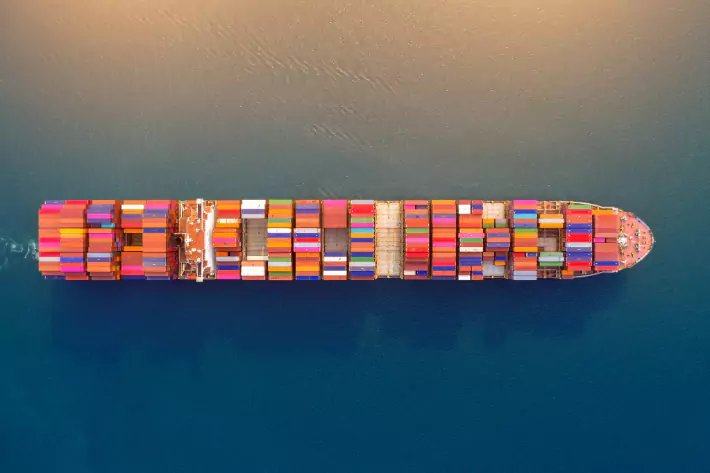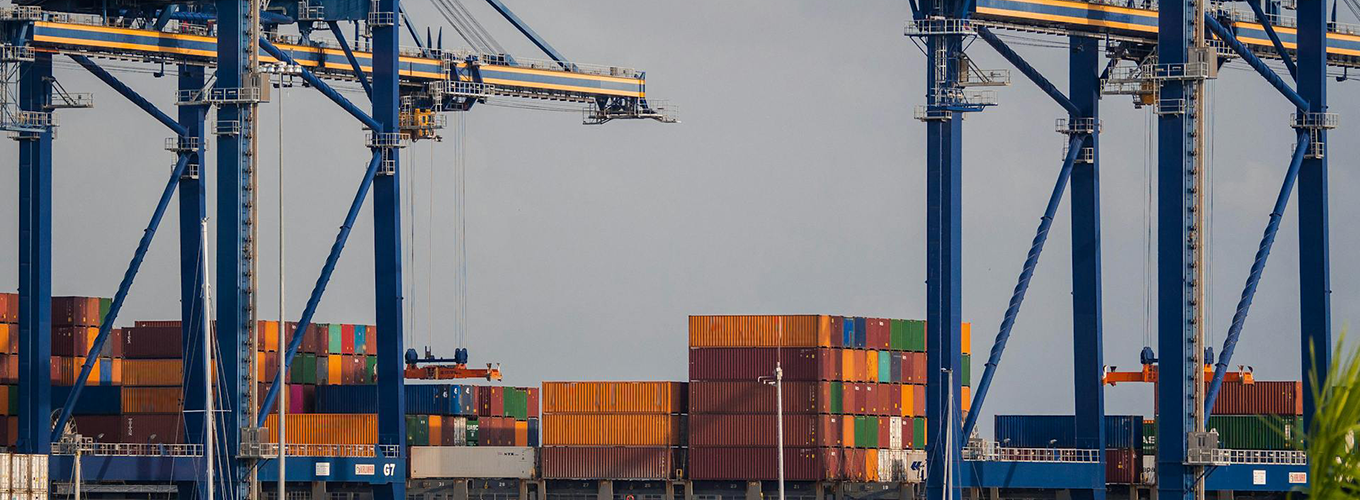Logistics is the process of managing how resources are acquired, stored, and transported to their desired destination. They meet customer requirements in a timely and cost-effective manner. It includes organizing, executing, and managing the flow of information, products, and services from the point of origin to the point of consumption.

There are 7 major functions in logistics; they are
Order processing
Logistics operations begin with order processing. It manages the entire order workflow that needs to be delivered to customers.
Material Handling
It is responsible for handling the goods and ensuring that they are transported safely to the delivery locations. Handling goods needs the best care because each item is different and requires specific care.
Inventory management
Inventory management helps to understand the information about the goods stored in the warehouse. Restocking and anticipating demand are two benefits of inventory management in logistics for supply chain operations.
Warehouse management helps store the goods in a controlled environment. It safeguards your goods in their original condition.
Transportation
It is one of the main functions of logistics, and it is required at every stage of every supply chain. If the staff is well versed in the route and all legal laws, they can control the cost of transportation.
Packaging and labeling
Packaging is one of the major logistic functions because it affects delivery success. Proper packaging helps to prevent the goods from damage and any breakage in the logistic process. The labeling includes essential information about the goods, like the date of manufacture, price, expiration date, etc. These two things help in material handling.
Information and Control
It gives a clear picture of the supply chain operations for the business. Evaluating the overall success of distribution can benefit from the analysis of those data.

What industries can benefit from logistics?
- Manufacturing
- Retail
- Foods and beverages
- Healthcare
- Construction
Businesses in a variety of industries may find their competitiveness and level of success significantly impacted by its successful implementation. Aegis is the best logistics company in Riyadh that provides logistics services for all these industries.
The importance of logistics
Efficient Supply Chain Management:
As we discussed earlier, logistics is important for effective supply chain management. It coordinates all activities like procurement, warehousing, transportation, and distribution.
Cost Reduction
Effective logistics management helps to reduce costs throughout the supply chain. By knowing all routes and legal laws, combining shipments, and minimizing inventory levels, businesses can reduce costs.
Customer Satisfaction
The timely delivery of goods is important to customer satisfaction. Logistics services that improve the customer experience, such as order tracking, return management, and customer assistance, are also part of effective logistics.
Global Trade Facilitation
Efficient logistics makes it easier to deal with tricky customs rules, follow government regulations, and handle differences in geography and culture.
Inventory Management
Logistics involves managing inventory levels to meet customer demand while minimizing holding costs.
Supporting Economic Growth
Logistics infrastructure, including transportation networks and storage facilities, is vital for supporting economic growth and development.
Logistics is a core factor in modern business operations. It enables efficient supply chain management, saves costs, increases customer satisfaction, facilitates globalization, and manages inventory. Aegis is the best logistic company in Riyadh to provide efficient logistic services to its customers.
FAQ
Q: What are the 4 major types of logistics?
The four main types of logistics are inbound, outbound, reverse logistics, and third-party logistics.
Q: How do logistics contribute to environmental sustainability?
Logistics contributes to environmental sustainability by promoting the use of eco-friendly transportation modes, optimizing delivery routes to reduce fuel consumption, and implementing recycling and waste reduction initiatives.
Q: How do you automate inventory tracking?
Barcodes and RFID tags are ways to automate your inventory tracking. These can be integrated with your logistics software or transportation automation system to provide your operation managers with real-time inventory updates.


Leave a Reply